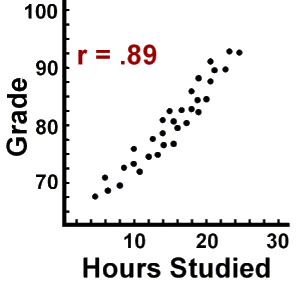Environmental Impact of Burning Man
A friend recently asked me about Burning Man and balancing the experience with it’s sizable environmental impact. Here is my response:
It is completely true that all that burning stuff and all the travel to-and-from the event has an environmental impact!
Here is an article that is critical of the event talking about that exact thing:
“The average American is responsible for 17.6 tons of greenhouse gases each year, or 0.33 tons per week. The average Burner will produce 0.67 tons next week, or double the national average.”
http://www.laweekly.com/music/lets-be-real-burning-man-is-bad-for-the-environment-5018359
From that same article, “Burning Man 2006 pumped out 27,492 tons of greenhouse gases. Eighty-seven percent of that was from travel to and from Black Rock City, while the actual burning man was responsible for 112 tons.”
So even the critics are saying that the vast majority of the carbon footprint is the travel, not the burning stuff. If instead you flew to a different vacation spot, you would have about a 13% smaller carbon footprint. That’s not trivial but it’s not so crazy.
I think that people at the event are completely aware of the conflict inherent in spending so many resources travelling to the event. Pack-in-pack-out high desert camping like at Burning Man reminds every participant of the finite nature of our resources and of the incalculable impact humans have on the world. This is reflected in the initiatives the event has inspired. Initiatives like Black Rock Solar that has given a lot of free and low cost solar to people in the area, the Leave No Trace policy which is considered VERY seriously by all participants, and on a personal level, a MOOP (Matter Out Of Place) art project a friend of mine made. I still vividly remember seeing an environmental poster at the event in 2006 about how “cell phones are killing gorillas in the Congo”; I thought it was ludicrous at the time but it got me thinking A LOT. The problem is: cell phones need a metal called tantalum to make their tiny capacitors, the largest supplies of tantalum are in the Democratic Republic of The Congo which is a fairly lawless place and gorillas and miners are treated poorly. Ah, I’m sorry, it was Burning Man 2007. Here’s the poster! http://www.lee.org/blog/2007/10/25/why-cell-phones-kill-gorillas/. I don’t have a solution but my awareness has been raised dramatically.
I think if you were to ask -any- burner, they would have a very conscientious answer to your question. I feel that heightened awareness makes it all worth the effort. Go ahead and ask a few folks and see what they say!
